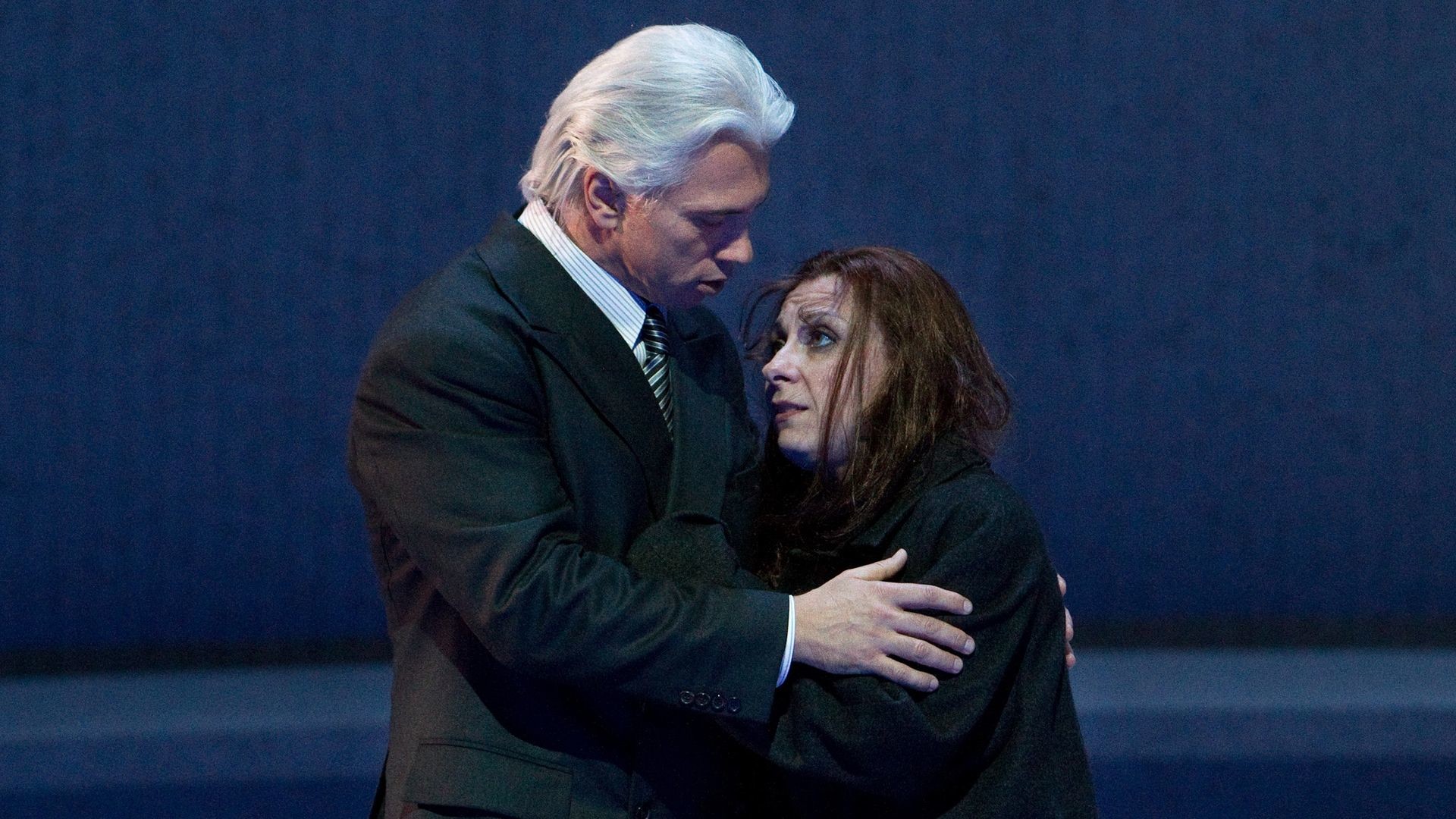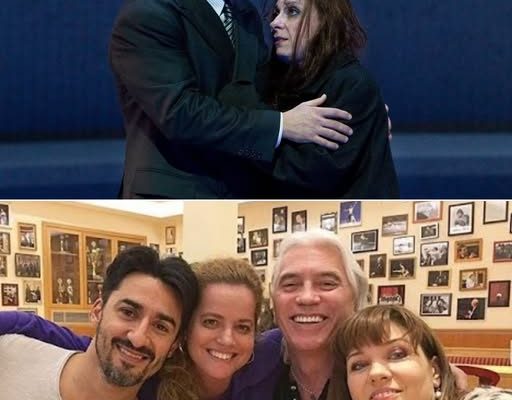“La Traviata” Where Time Stood Still… Dmitri Hvorostovsky’s Final Opera Performance Wasn’t Just a Farewell — It Was a Living Eulogy
When Dmitri Hvorostovsky stepped onto the stage for La Traviata in his final opera performance, the world didn’t just witness a baritone singing — it witnessed a soul burning in real time. His voice, weathered yet unbroken, carried not just Verdi’s music, but a lifetime of passion, pain, and dignity. Every phrase was fire. Every breath, a goodbye wrapped in velvet.

He wasn’t just performing Germont. He was Germont — proud, torn, pleading. But unlike the character, Hvorostovsky knew his time was running out. Diagnosed with brain cancer, he had no illusions. And yet, under the lights, he gave everything. Not in spite of his condition — because of it.
The audience knew. The orchestra knew. The silence between notes stretched longer. Time stood still not because the music demanded it, but because everyone knew this wasn’t just art — it was legacy.

His silver hair, his noble bearing, the unmistakable richness of his tone — all felt larger than life, even as life quietly slipped away. This wasn’t just a final bow. It was immortality on stage. A living eulogy sung not with grief, but with grace.
There are great performances. There are unforgettable ones.
And then there is this: Dmitri Hvorostovsky, singing La Traviata one last time — and making eternity listen.



